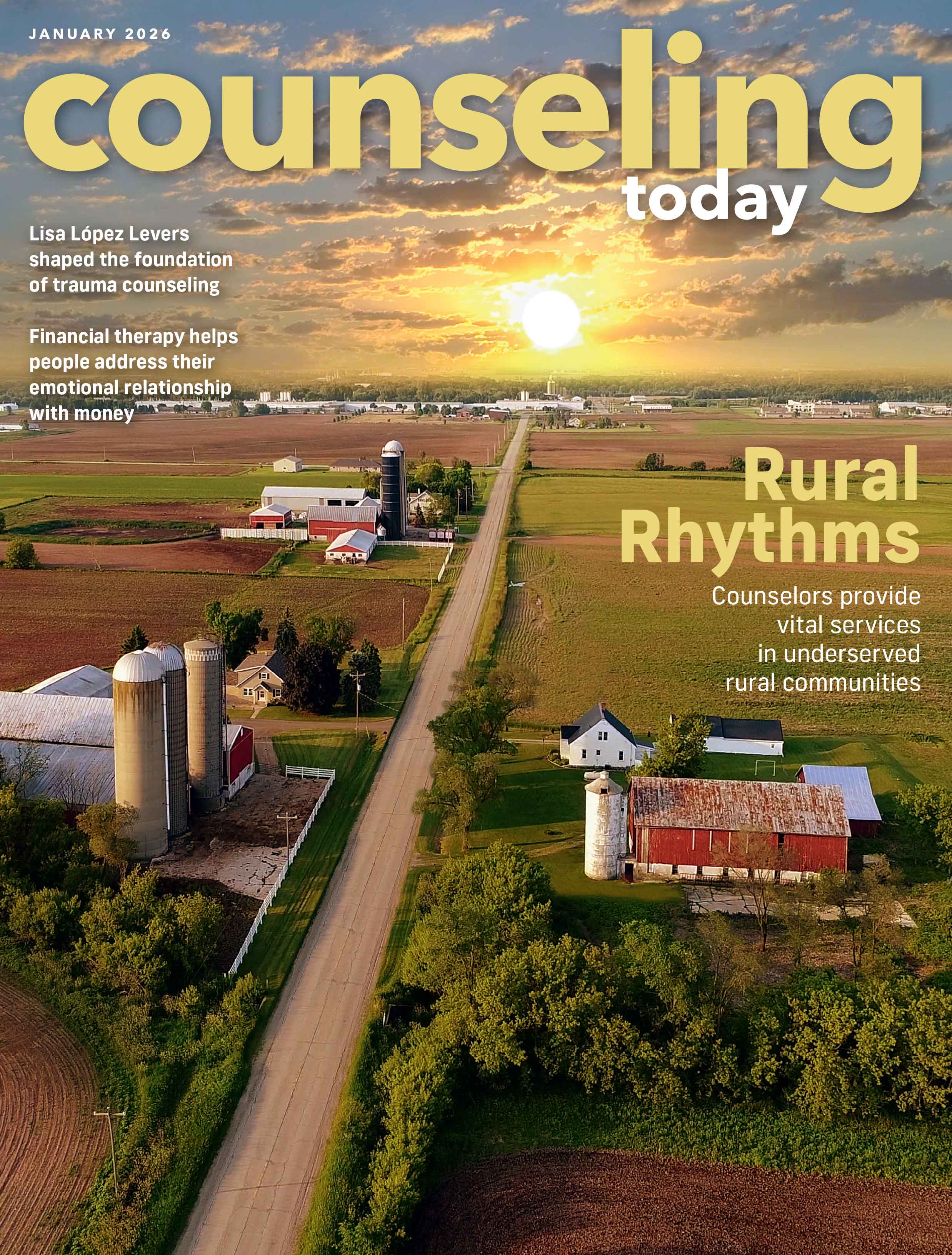Becoming a Peer Reviewer for Counseling Literature: Then and Now
By Christine Fruin, JD, MSLIS
July 2025

Peer review is a critical part of academic and scholarly publishing, ensuring that published research literature maintains high standards of accuracy, relevance and scholarly integrity. If you are a counselor, educator or researcher interested in becoming a peer reviewer, here are tips to get started and a look at how the peer review process has innovated over the past two decades.
How to Become a Peer Reviewer
- Build expertise. Journals seek reviewers with subject matter knowledge. Engage in research, publish your own work and stay current with trends in counseling.
- Network and volunteer. Reach out to journal editors, attend conferences and express interest in reviewing. Some journals allow prospective reviewers to sign up through their websites.
- Hone critical evaluation skills. Reviewing requires assessing methodology, ethical considerations and clinical implications. Many large academic publishers offer reviewer training programs, which can improve your effectiveness.
- Commit to constructive feedback. Good peer reviewers provide detailed, balanced and respectful critiques that help authors strengthen their work.
How to Find Peer Review Opportunities
- Journal websites. Many counseling journals or their publishers have reviewer sign-up pages where you can submit your qualifications and areas of expertise.
- Professional organizations. Groups such as ACA often connect members with reviewing opportunities.
- Editorial board memberships. If you’ve published in a journal, consider reaching out to the editorial board to express interest in reviewing future submissions.
- Reviewer databases. Platforms such as Publons, now owned by Clarivate, allow researchers to showcase their reviewing experience and get matched with journals seeking reviewers.
- Academic conferences. Networking at counseling and mental health conferences can open doors to peer review roles.
How Peer Review Has Changed
Over the past 20 years, peer review has undergone significant shifts, including:
- Digital advancements. Online submission and review platforms (e.g., ScholarOne, Editorial Manager) have streamlined workflows, reducing turnaround times.
- Open peer review. Some journals now disclose reviewer identities or publish peer review reports, promoting transparency.
- Diversity and inclusion. Efforts to include diverse perspectives have expanded, recognizing the impact of cultural competency in counseling research.
- Preprint and post-publication review. Research is increasingly shared on platforms such as PsyArXiv before formal review, allowing broader scholarly discourse.
As counseling literature evolves, peer reviewers play a crucial role in maintaining its quality and credibility. Becoming a reviewer is both a service to the profession and an opportunity for professional growth.
Christine Fruin, JD, MSLIS, is director of publications at ACA.


